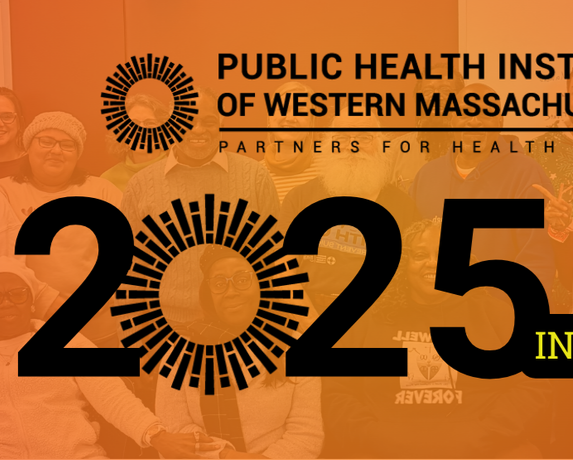Building a culture of health in the era of climate change
Read Samantha Hamilton's recent Op-Ed in the Daily Climate.
Climate change affects all Americans, but people of color and low-income communities are hit first and worst. For Emma Woods of Springfield, Massachusetts, this wasn’t news.
Woods’ working class, predominantly African American and Latinx neighbors already suffer from higher rates of asthma, heart disease, and diabetes than those in whiter, wealthier areas. In 2018-2019, Springfield ranked as the asthma capital of the U.S., according to the Asthma Allergy Foundation of America, and it now has twelfth-highest asthma rates in the nation.
Worse, as the planet warms, neighborhoods like Woods’ are seeing more air pollution, deadly heat waves, and disruptive disasters—further widening those health disparities. Climate change can exacerbate health effects from toxic air pollutants in vulnerable populations such as children, the elderly, and those with asthma or cardiovascular disease.
Yet the communities most affected by environmental hazards are rarely engaged in decision making that affects their lives and health. That’s why Woods and her neighbors are stepping up. Together, they formed a coalition called Live Well Springfield, which is working to build and sustain a culture of health in the era of climate change.
With more than 30 organizational partners, Live Well Springfield embraces a broad definition of health that includes nutrition, active living, the built environment, economic opportunity, housing, and education. The Coalition’s Climate Justice Initiative addresses climate change and health equity, with funding from the Detroit-based Kresge Foundation.
share this
Related Articles




